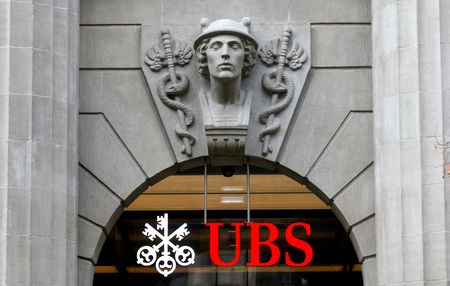 1
1 1
1

ZURICH (Reuters) – Resistance from shareholders and United States regulators torpedoed Swiss bank UBS’s $1.4 billion bid for U.S. digital wealth management group Wealthfront, Swiss paper SonntagsZeitung reported, citing bank sources it did not identify.
UBS and Wealthfront said last month they had agreed to terminate the deal that was expected to fast-track UBS’s growth in the U.S. market. UBS has declined to comment on why the transaction fell apart.
Big shareholders were dissatisfied with the terms of the deal after tech stock valuations plunged as central banks began to tighten policy to fight inflation, and thought UBS could build its own platform without Wealthfront, the paper said.
“According to several sources, U.S. authorities also raised concerns. UBS has a long history of scandals in the United States. Against this background, U.S. authorities were apparently not comfortable with the deal,” it reported, citing two unnamed sources.
It cited one source as saying that while U.S. banking regulators did not clearly veto the deal, UBS management did not make any serious attempt to overcome their concerns.
The paper said the failed deal did not reflect any differences between Chief Executive Ralph Hamers and Chairman Colm Kelleher, who joined UBS after the deal was announced.
UBS declined to comment on the report.
(Reporting by Michael Shields; Editing by Kirsten Donovan)